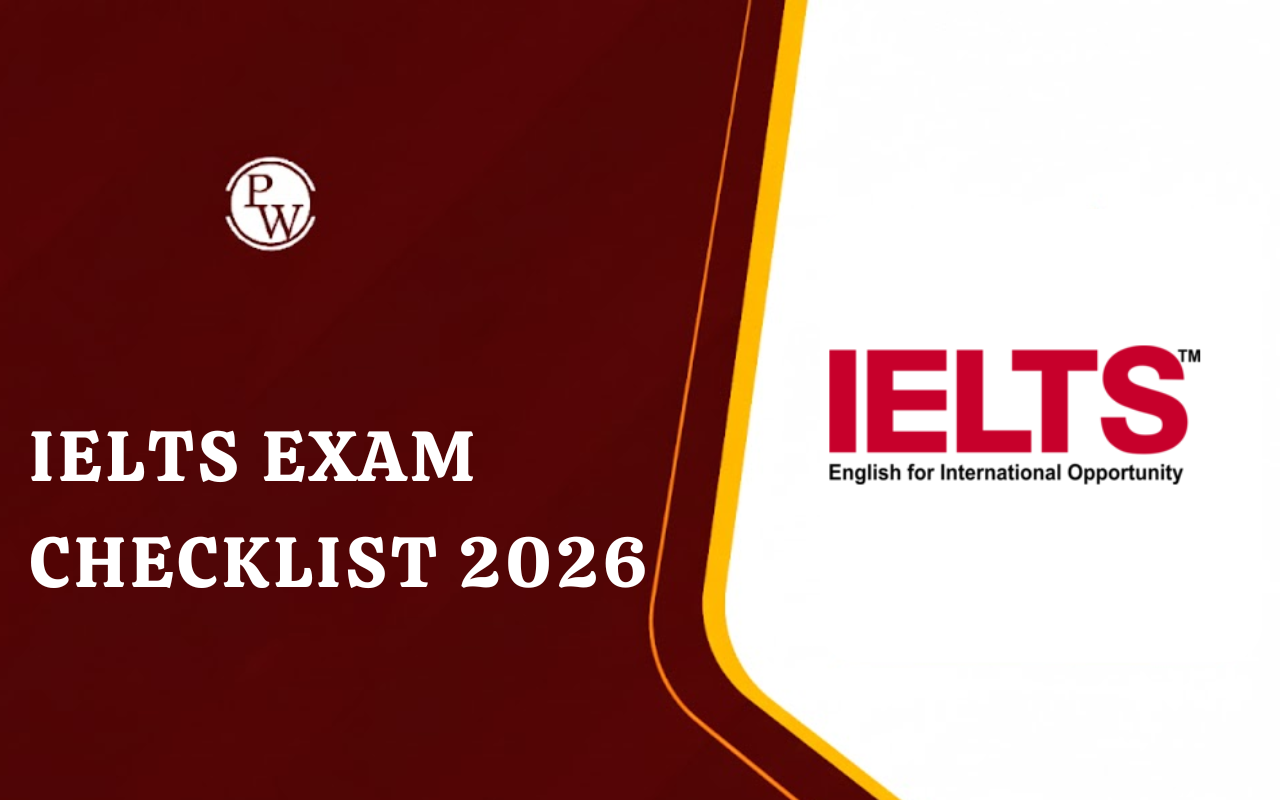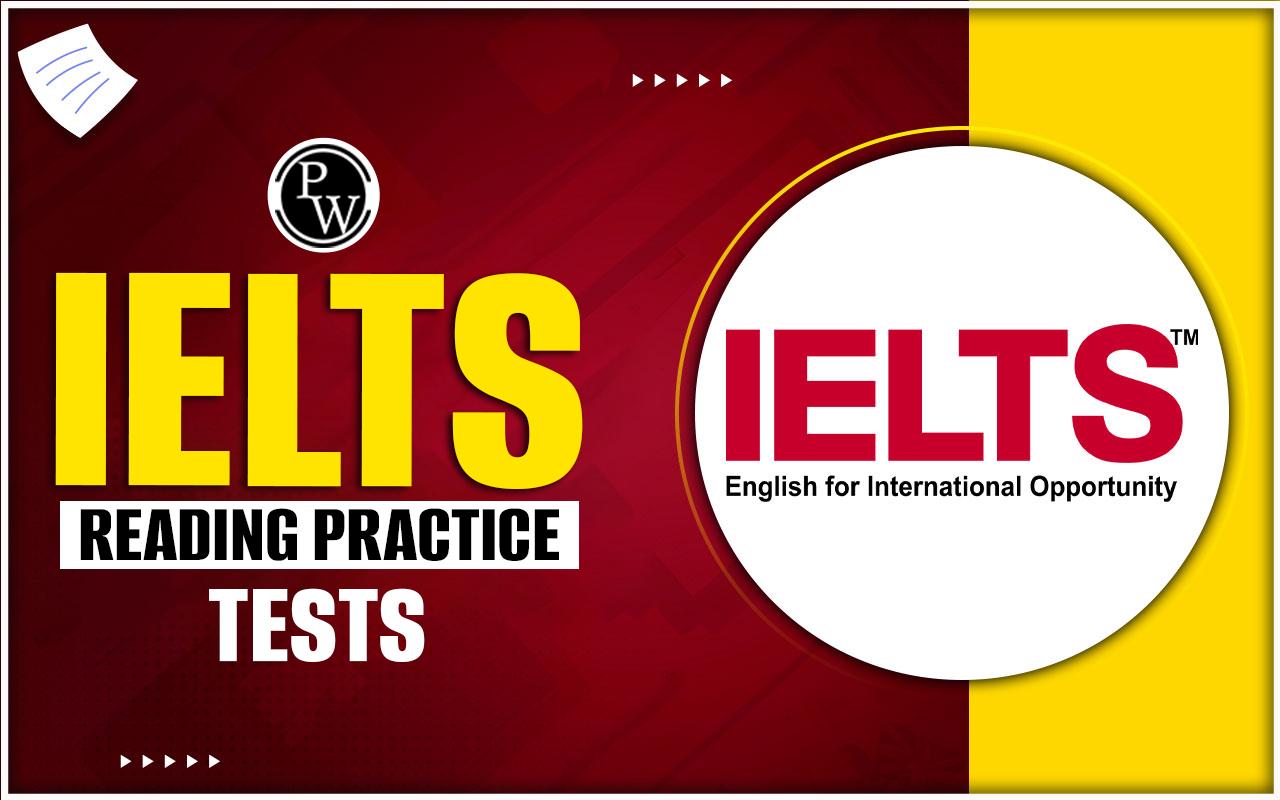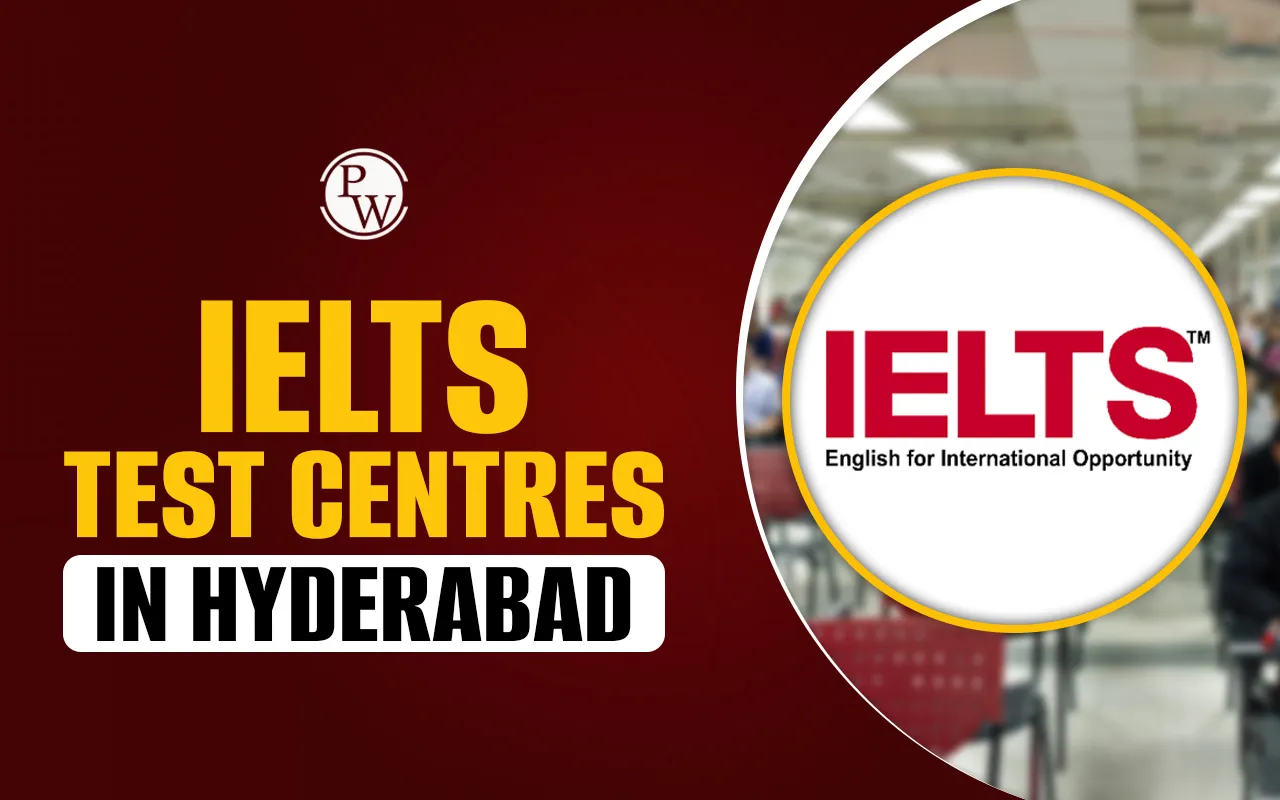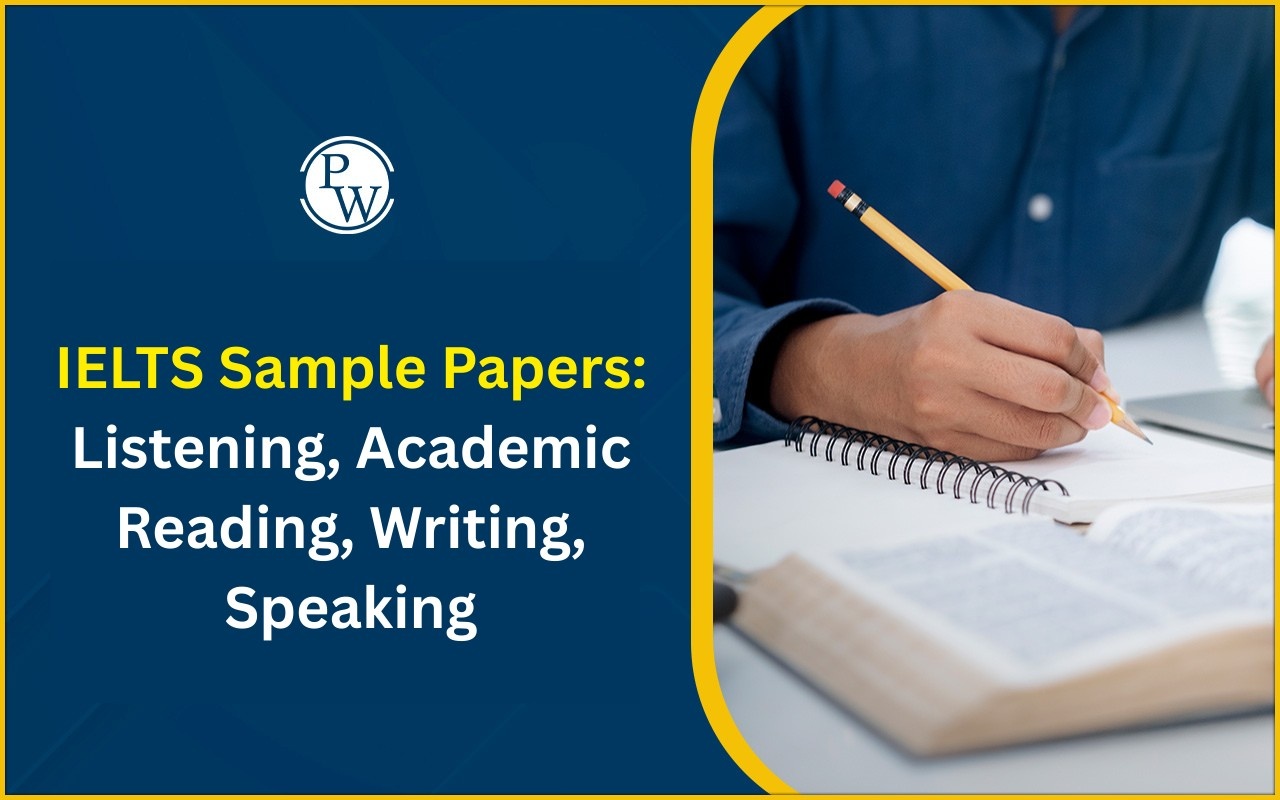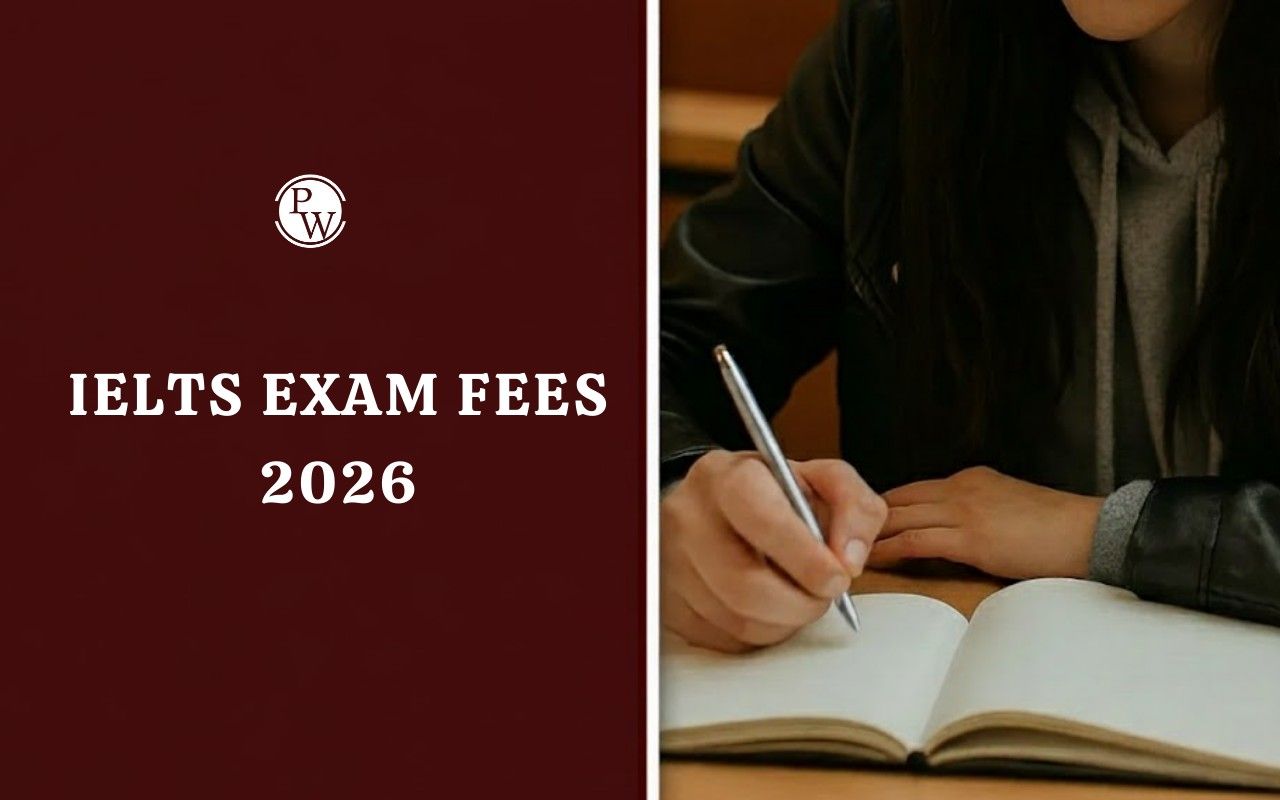
The Context Meaning and Scope of Tourism IELTS Reading Answers: The IELTS Academic Reading test often includes passages related to global industries, historical trends, and economic development. “The Context, Meaning and Scope of Tourism” is a typical IELTS passage that explores how tourism has evolved from ancient times to become one of the world’s most influential industries. It discusses tourism’s historical background, economic impact, global significance, and the challenges in measuring its contribution. This passage helps test your ability to understand main ideas, locate specific information, and deal with complex vocabulary, skills that are essential for achieving a high band score in the IELTS Reading Test.
Free IELTS Reading Practice Tests, Cambridge Sample Test PDF
The Context Meaning and Scope of Tourism IELTS Reading Answers Passage
You should spend 20 minutes on Questions 1–13, which are based on the “The Context Meaning and Scope of Tourism IELTS Reading Answers” Passage below.The Context Meaning and Scope of Tourism
A – The history of travel
Travel has existed since the beginning of time, when primitive man set out, often traversing great distances in search of game, which provided the food and clothing necessary for his survival. Throughout the course of history, people have travelled for purposes of trade, religious conviction, economic gain, war, migration and other equally compelling motivations. In the Roman era, wealthy aristocrats and high government officials also travelled for pleasure. Seaside resorts located at Pompeii and Herculaneum afforded citizens the opportunity to escape to their vacation villas in order to avoid the summer heat of Rome. Travel, except during the Dark Ages, has continued to grow and, throughout recorded history, has played a vital role in the development of civilisations and their economies.B – The development of mass tourism
Tourism in the mass form as we know it today is a distinctly twentieth-century phenomenon. Historians suggest that the advent of mass tourism began in England during the industrial revolution with the rise of the middle class and the availability of relatively inexpensive transportation. The creation of the commercial airline industry following the Second World War and the subsequent development of the jet aircraft in the 1950s signalled the rapid growth and expansion of international travel. This growth led to the development of a major new industry: tourism. In turn, international tourism became the concern of a number of world governments since it not only provided new employment opportunities but also produced a means of earning foreign exchange.C – Economic and social significance of tourism
Tourism today has grown significantly in both economic and social importance. In most industrialised countries over the past few years the fastest growth has been seen in the area of services. One of the largest segments of the service industry, although largely unrecognised as an entity in some of these countries, is travel and tourism. According to the World Travel and Tourism Council (1992), travel and tourism is the largest industry in the world on virtually any economic measure including value-added capital investment, employment and tax contributions,. In 1992’ the industry’s gross output was estimated to be $3.5 trillion, over 12 per cent of all consumer spending. The travel and tourism industry is the world’s largest employer the almost 130 million jobs, or almost 7 per cent of all employees. This industry is the world’s leading industrial contributor, producing over 6 per cent of the world’s national product and accounting for capital investment in excess of $422 billion m direct indirect and personal taxes each year. Thus, tourism has a profound impact both on the world economy and, because of the educative effect of travel and the effects on employment, on society itself.D – Difficulty in recognising the economic effects of tourism
However, the major problems of the travel and tourism industry that have hidden, or obscured, its economic impact are the diversity and fragmentation of the industry itself. The travel industry includes: hotels, motels and other types of accommodation; restaurants and other food services; transportation services and facilities; amusements, attractions and other leisure facilities; gift shops and a large number of other enterprises. Since many of these businesses also serve local residents, the impact of spending by visitors can easily be overlooked or underestimated. In addition, Meis (1992) points out that the tourism industry involves concepts that have remained amorphous to both analysts and decision makers. Moreover, in all nations this problem has made it difficult for the industry to develop any type of reliable or credible tourism information base in order to estimate the contribution it makes to regional, national and global economies. However, the nature of this very diversity makes travel and tourism ideal vehicles for economic development in a wide variety of countries, regions or communities.E – The world impact of tourism
Once the exclusive province of the wealthy, travel and tourism have become an institutionalised way of life for most of the population. In fact, McIntosh and Goeldner (1990) suggest that tourism has become the largest commodity in international trade for many nations and, for a significant number of other countries, it ranks second or third. For example, tourism is the major source of income in Bermuda, Greece, Italy, Spain, Switzerland and most Caribbean countries. In addition, Hawkins and Ritchie, quoting from data published by the American Express Company, suggest that the travel and tourism industry is the number one ranked employer in the Bahamas, Brazil, Canada, France, (the former) West Germany, Hong Kong, Italy, Jamaica, Japan, Singapore, the United Kingdom and the United States. However, because of problems of definition, which directly affect statistical measurement, it is not possible with any degree of certainty to provide precise, valid or reliable data about the extent of world-wide tourism participation or its economic impact. In many cases, similar difficulties arise when attempts are made to measure domestic tourism.The Context Meaning And Scope Of Tourism Reading Answers Sample Questions
Questions 1–5:
Choose the correct heading for each section (A–E) from the list of headings below.
List of Headings
i. Problems with accurate data collection
ii. Travel in early civilisations
iii. Growth of international air travel
iv. How tourism affects economies and societies
v. Tourism as a dominant world industry
vi. The modern-day accessibility of travel
vii. Early forms of leisure tourism
viii. Tourism as a fragmented sector
1. Section A
2. Section B
3. Section C
4. Section D
5. Section E
Questions 6–10: True / False / Not Given
Write TRUE if the statement agrees with the information in the passage.
Write FALSE if the statement contradicts the information.
Write NOT GIVEN if there is no information.
-
Travel in the Dark Ages nearly came to a complete halt.
-
The jet engine had a major impact on tourism growth.
-
Tourism is the fastest-growing industry in the world today.
-
Domestic tourism statistics are easier to measure than international ones.
-
Bermuda earns more income from tourism than any other industry.
- Should You Use All Capital Letters in the IELTS Listening and Reading Tests
- IELTS Reading Mistakes
- How to Improve IELTS Reading Score
- How to Manage Time in IELTS Reading
The Context Meaning And Scope Of Tourism Reading Answers with Explanations
Answers to Questions 1-10
|
Question |
Answer |
Explanation |
|---|---|---|
|
1 |
ii |
Section A discusses the earliest reasons for travel, such as migration, trade, and war, aligning with "Travel in early civilisations." |
|
2 |
iii |
Section B covers mass tourism beginning in the industrial revolution and boosted by air travel post-WWII, matching "Growth of international air travel." |
|
3 |
iv |
Section C focuses on tourism's role in the economy and its influence on society, matching "How tourism affects economies and societies." |
|
4 |
viii |
Section D explains the fragmented nature of tourism businesses and the difficulties in measuring its full impact, matching "Tourism as a fragmented sector." |
|
5 |
v |
Section E talks about tourism’s global influence and how it has become a major or top industry in many countries, matching "Tourism as a dominant world industry." |
|
6 |
TRUE |
Section A mentions that "except during the Dark Ages," travel continued to grow, implying that travel slowed significantly during that time. |
|
7 |
TRUE |
Section B specifically mentions that jet aircraft in the 1950s led to the rapid expansion of international travel. |
|
8 |
NOT GIVEN |
The passage states it’s a large and fast-growing industry, but it does not claim it's the fastest-growing. |
|
9 |
FALSE |
Section E mentions that similar difficulties arise when measuring both domestic and international tourism, not that one is easier. |
|
10 |
NOT GIVEN |
Although Bermuda is listed as a country where tourism is a major source of income, no direct comparison to other industries is made. |
Read More: How to Manage Time in IELTS Reading
Guidance of PW IELTS
Physics Wallah offers a few popular online IELTS courses for all students. Follow the latest IELTS articles to better prepare for the exam.| IELTS Exam Other Related Links | |
|---|---|
| IELTS Registration | IELTS Eligibility Criteria |
| IELTS Exam Pattern | IELTS Syllabus |
| IELTS Exam Dates | IDP IELTS Test Centers |
The Context Meaning and Scope of Tourism IELTS Reading Answers FAQs
Q. How did mass tourism emerge in the 20th century?
Q. Why is tourism important to the global economy?
Q. What challenges prevent accurate measurement of tourism’s impact?
Q. How does tourism benefit local communities?

